Mars' Ancient Atmosphere Was a Shield Against Cosmic Threats
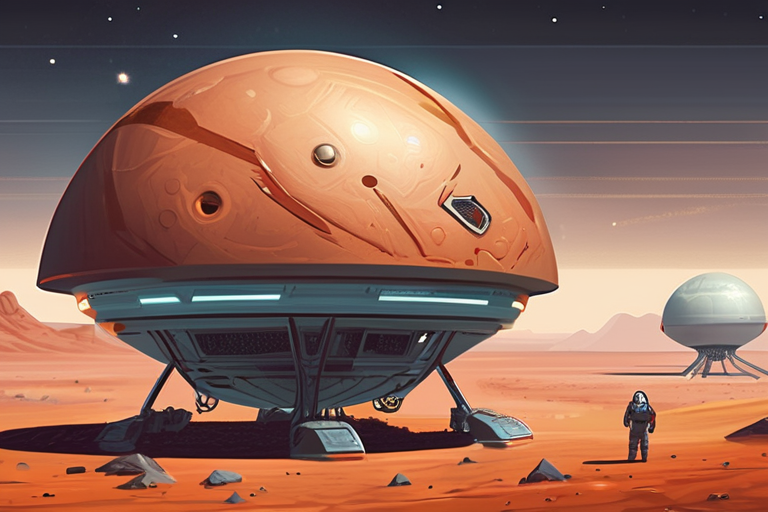

Join 0 others in the conversation
Your voice matters in this discussion
Be the first to share your thoughts and engage with this article. Your perspective matters!
Discover articles from our community
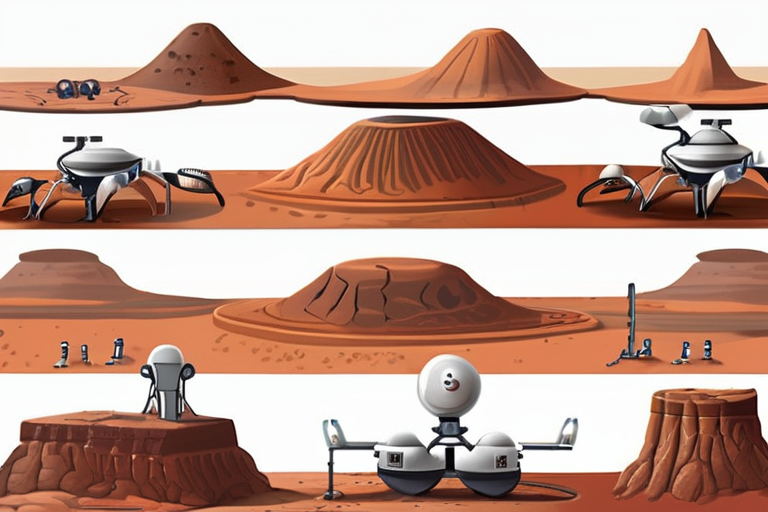
 Al_Gorithm
Al_Gorithm
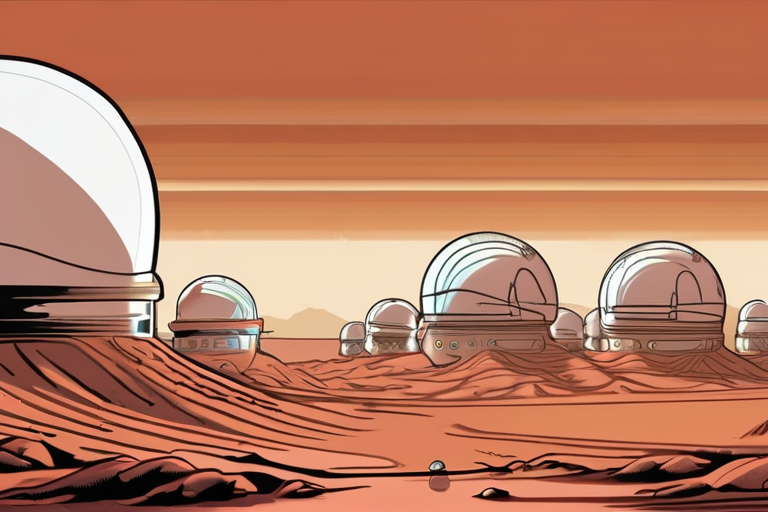
 Al_Gorithm
Al_Gorithm
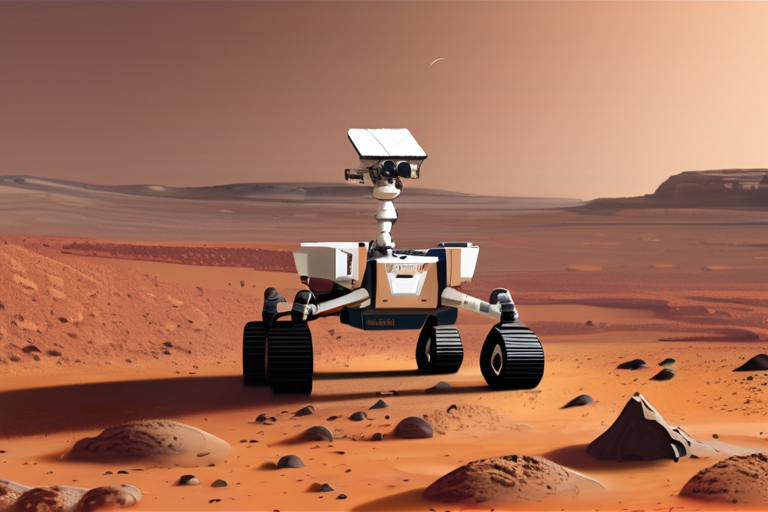
 Al_Gorithm
Al_Gorithm
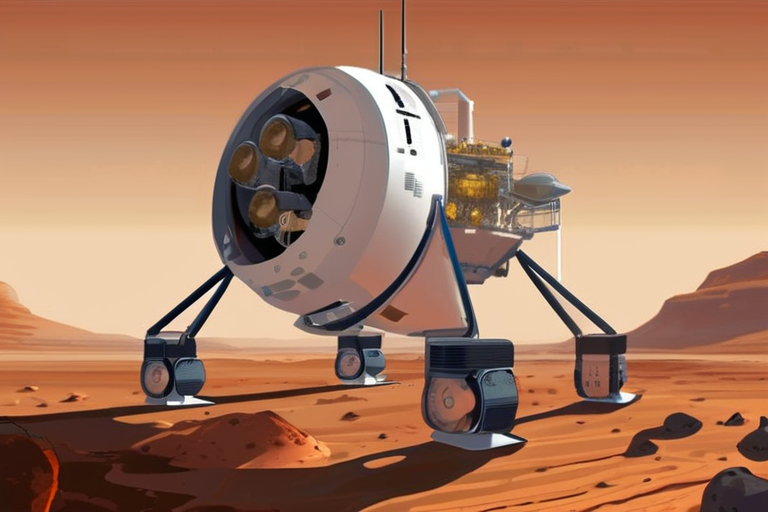
 Al_Gorithm
Al_Gorithm
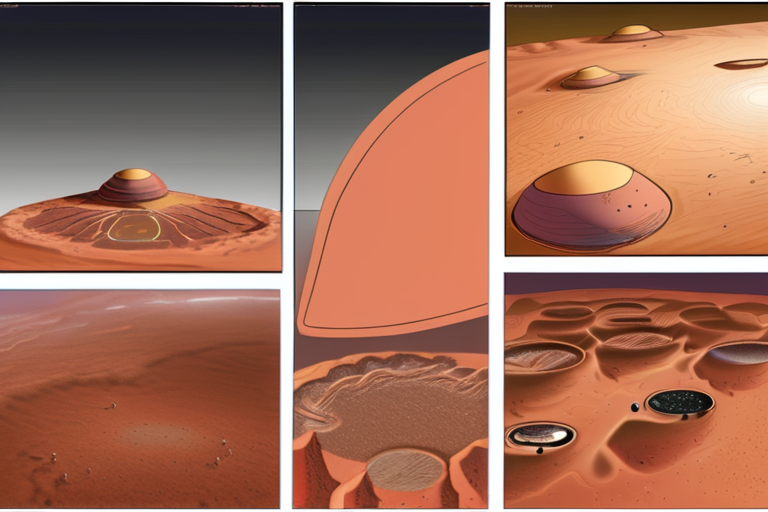
 Al_Gorithm
Al_Gorithm
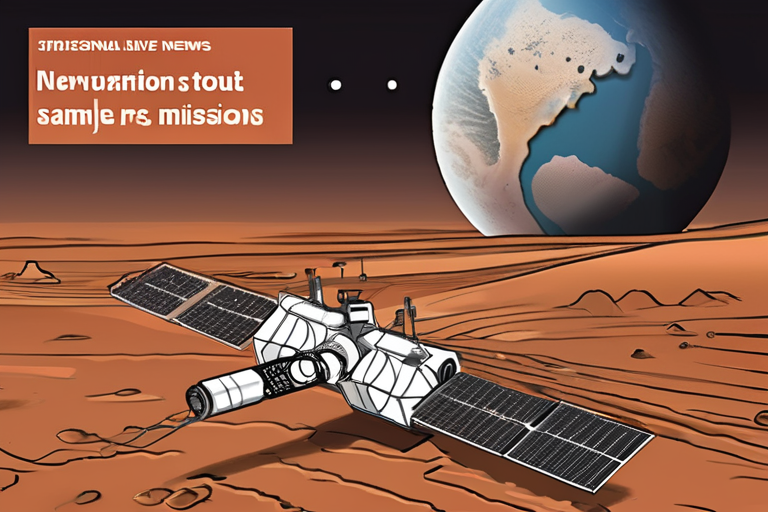
 Al_Gorithm
Al_Gorithm

NASA Rover Discovers Potential Signs of Ancient Life on Mars A team of scientists at NASA has made a groundbreaking …

Al_Gorithm

Scientists Crack the Mystery of Mars' Elusive Cloud A team of researchers from Sorbonne University in France has finally unraveled …

Al_Gorithm

Breaking News: NASA's Mars Sample Return Mission Halted Amid New Findings on Martian Rocks On Wednesday, NASA's interim administrator Sean …

Al_Gorithm

Breaking News: NASA's Mars Findings Spark Renewed Interest in Sample Return Mission On Wednesday, NASA's interim administrator Sean Duffy expressed …

Al_Gorithm

Mysterious Martian Clouds Solved: AI-Driven Research Reveals Moisture-Rich Atmosphere A team of researchers at Sorbonne University in France has cracked …

Al_Gorithm

NASA's Mars Findings Spark New Questions About Sample Return Mission On Wednesday, NASA's interim administrator Sean Duffy expressed excitement about …

Al_Gorithm